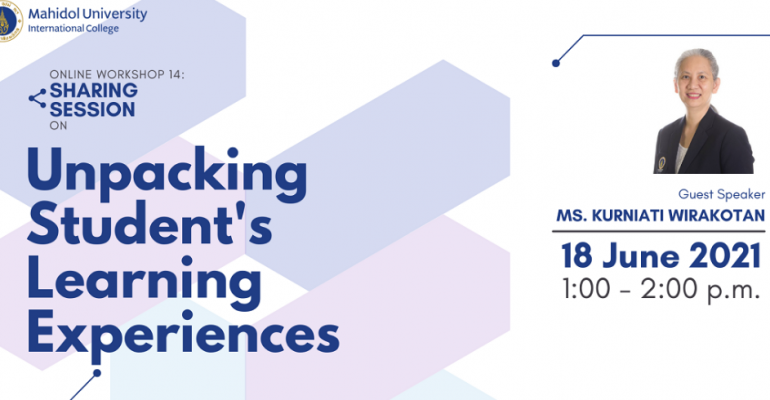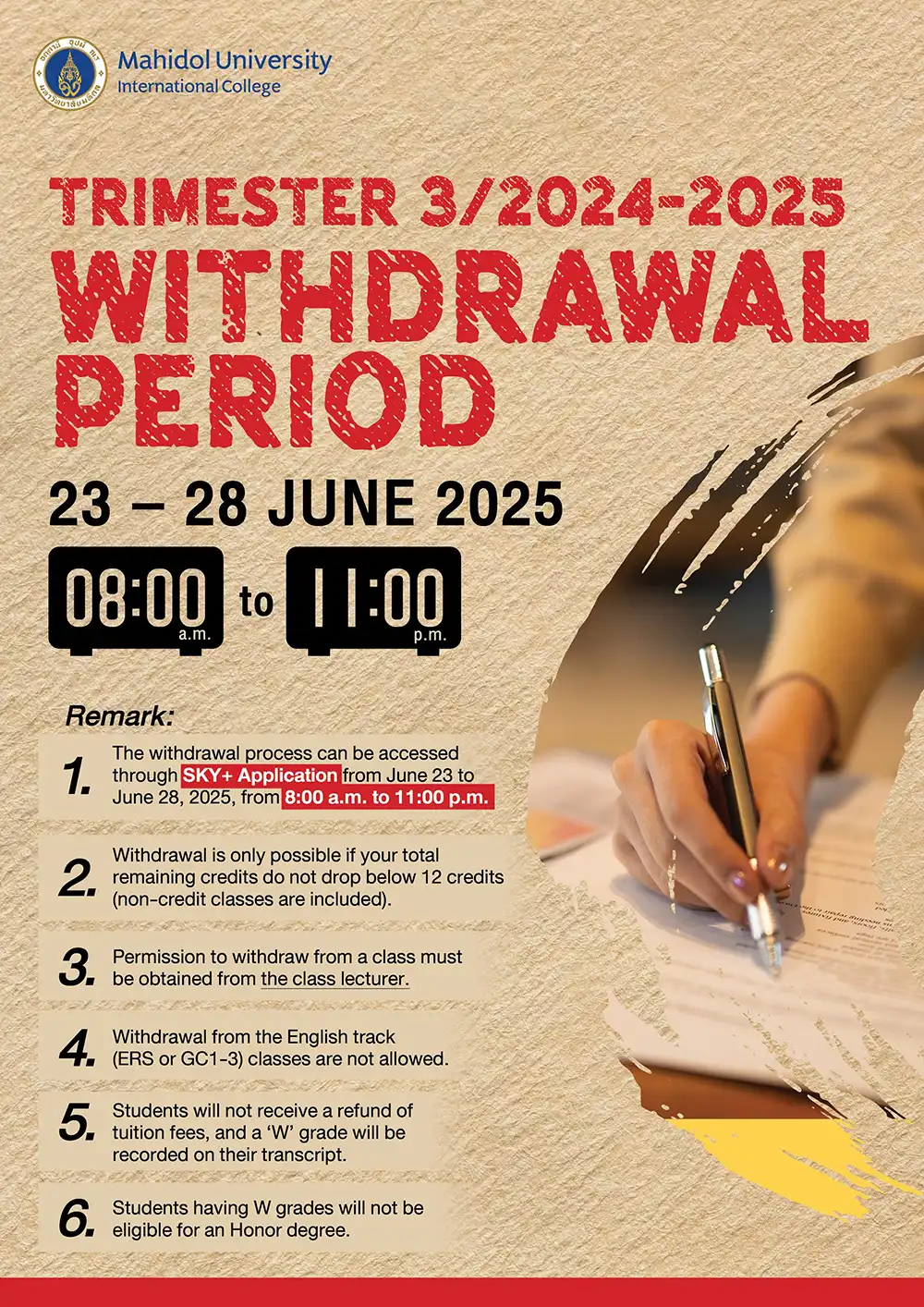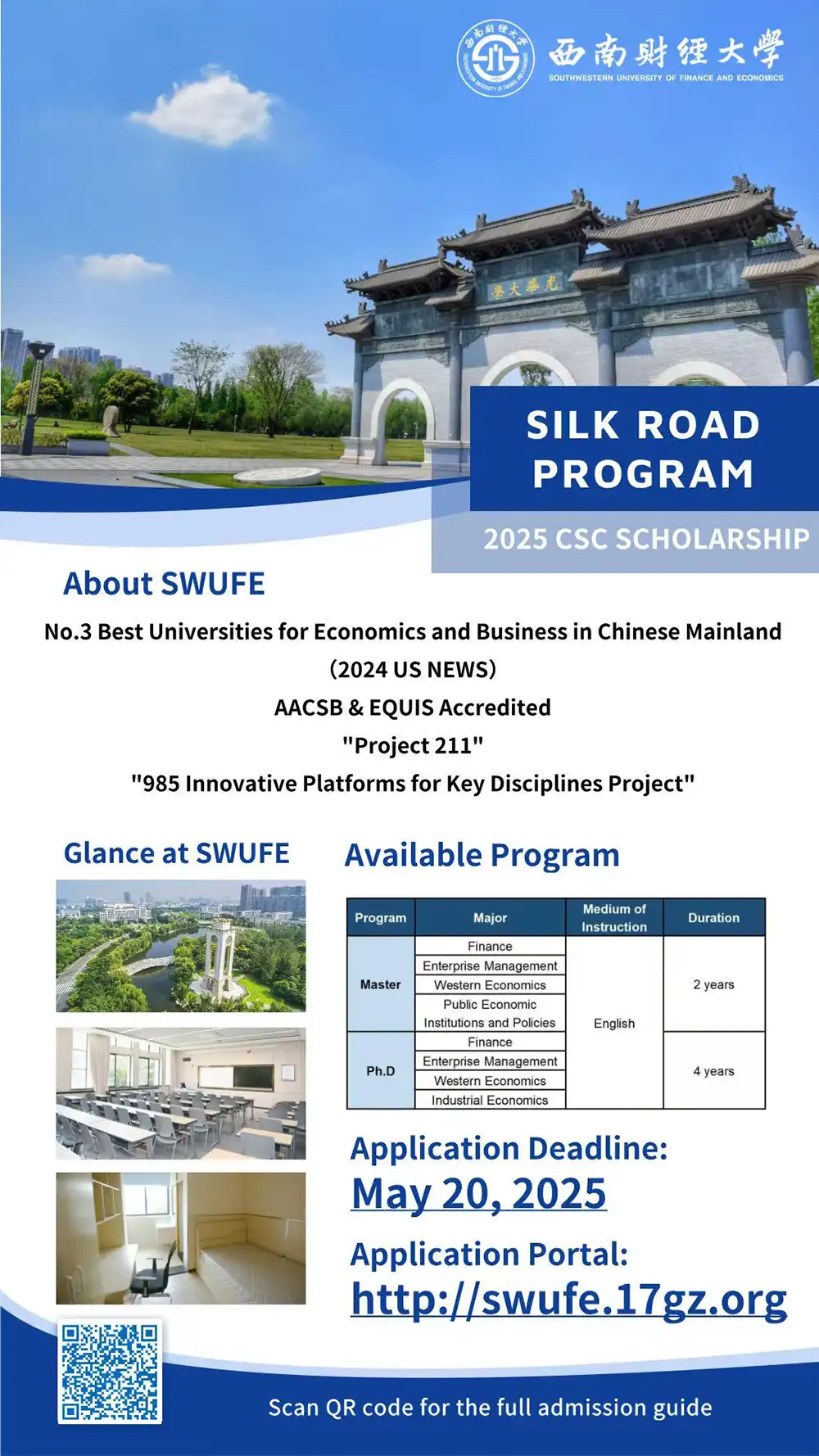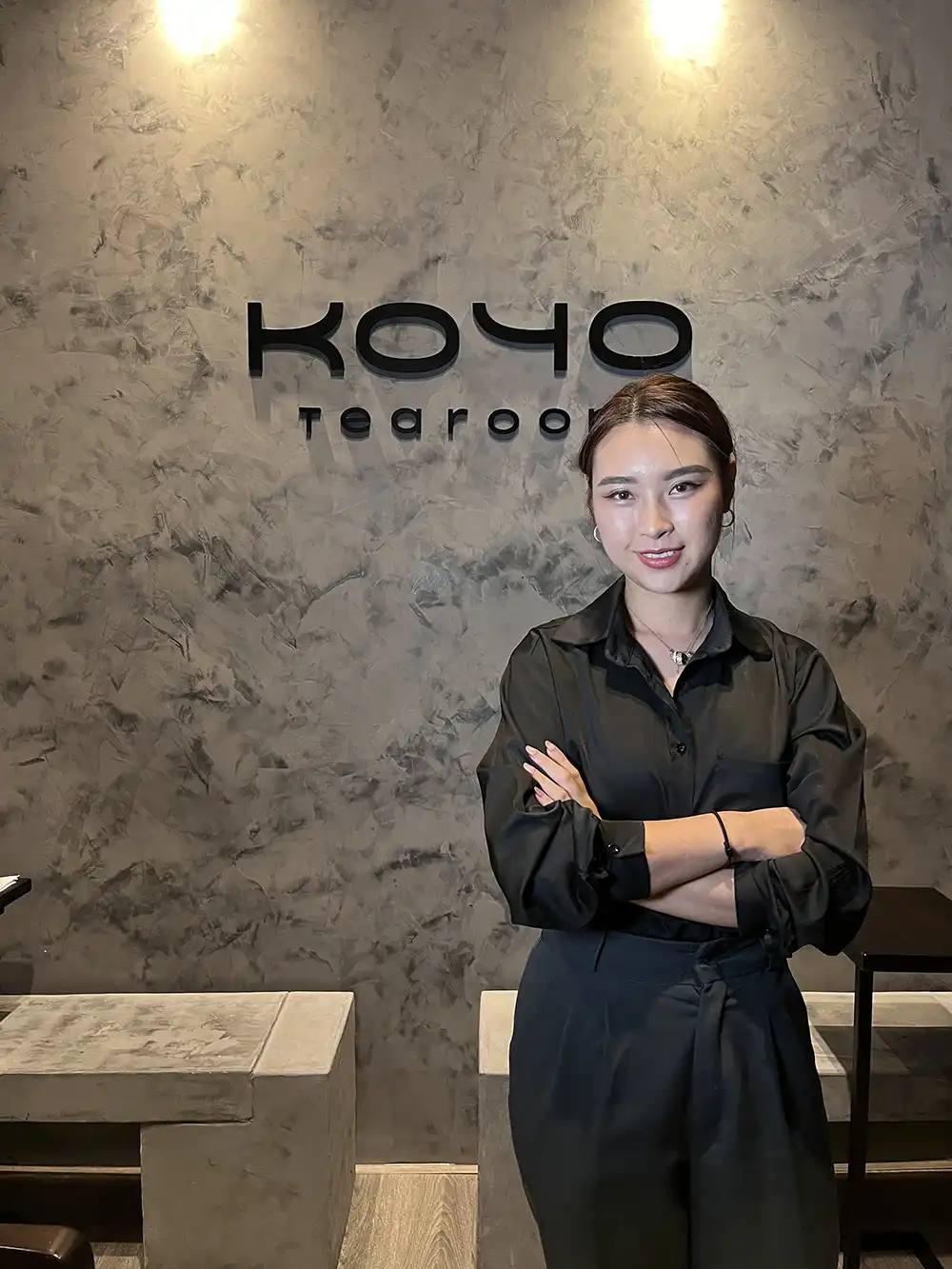Workshop 6: Unpacking Student’s Learning Experiences
June 18, 2021 2022-03-22 13:30Workshop 6: Unpacking Student’s Learning Experiences

Workshop 6: Unpacking Student’s Learning Experiences
Title: Unpacking Student’s Learning Experiences
Date & Time: Friday, 18 June 2021 from 1.00 – 2.00 p.m.
Conductors: Ms. Kurniati Wirakotan
The Strategy and Academic Development Section under the OAA and the Science Division organized the 14th workshop for the academic year of 2020-2021 entitled ‘Unpacking Student’s Learning Experiences’. The purpose of this workshop was to share an experience, and provide the basic guidance on how to deal with students’ academic issues from the academic counselor.
According to NACADA journal, the study shows that the factors contributing to the academic probation are as follows:
1. Under-prepared – Lack of academic and developmental skills can lead to students’ readiness to study in higher education. It could be a result of previous learning experiences such as academic failure, poor performance, low expectations, etc.
2. Over-extended – It refers to students who face difficulties in balancing and prioritizing responsibilities between inside and outside classroom activities
3. Non-Academic issues – This includes health, mental, family financial, relationship, and other personal problems
4. Other indicators – The issue refers to transferred students, first year student, change of student’s interest, and overly confident student
5. Judgment mistakes – It normally occurs when student enrolling in too many courses, or misjudging the interest of the major chosen
At MUIC likewise, students face similar issues. For instance, no necessary drive to success, physical and mental problems, self-responsibility, self-efficacey, lack of resiliency, etc. All of these led to students’ probation, resignation, or even academic dismissal. During the COVID-19 pandemic, however, Mahidol University has announced an ad hoc academic policy to help students who are academically at risk, attempting to prevent students from landing on probation or academic dismissal. Yet, the students still have to finish the study within 8 years with Cumulative GPA up to at least 2.00. Therefore, the students can be more at risk if they aren’t pushed enough, and offered too much help.
The counseling system at MUIC can be divided into two types: academic counseling and social & psychological counseling. The first one is handled by Academic Counseling Unit, offering the guidance related to academic issues to students, parents, and lecturers. Its roles including the following issues:
– Offer compassion and objective listening to assist student who have problems with their academic performance, academic plans, registration, or other academic regulations and procedures.
– Monitor all students academic progress in general and provide academic guidance and advice as necessary.
– Alert students and parents/guidance when students’ academic performance does not meet the standard by sending letters/email/ phone calls.
– Laise with instructors to get feedback on students’ progress.
– Inform academic advisors and lecturers having students whose academic performance need to be alerted.
– Assist lecturers and parents when they have queries about students’ academic issues.
Apart from the social and psychological counseling service offered to students in need by the Student Affairs office that initiate the first appoinment and help students make the next step with social counselor or an external psychologist, MUIC also provide an academic counselor whose role including the following issues:
– Discuss study plan so that student can graduate within 4 years or more with minor.
– Discuss and give student a guidance on academic matters: courses taking/repeating, registration, adding/dropping, changing major, etc.
– Advise students who are experiencing any studying difficulties they face especially when failing subjects (need to repeat), and under probation (Cumulative GPA below 2.00).
– Consult the career possibilities within the major.
When students come to Academic counseling office, they will be assessed to see whether they have problems, and the kinds of support they need. If those problems require mental health support, the students will be refered to Student Affairs office, to get them the higher level of therapy.
When it comes to helping students in academic and social difficulties, relevant sectors need to work hand in hand. They need to remember that, regardless of students’ problems, students can still graduate. That’s why they need our help and support to go through the challenges. The key is to communicate to create a connection, and be as transparent as possible in order for the students to be aware of the consequences, and how far we can go to help them, in order to make a necessary decision.











